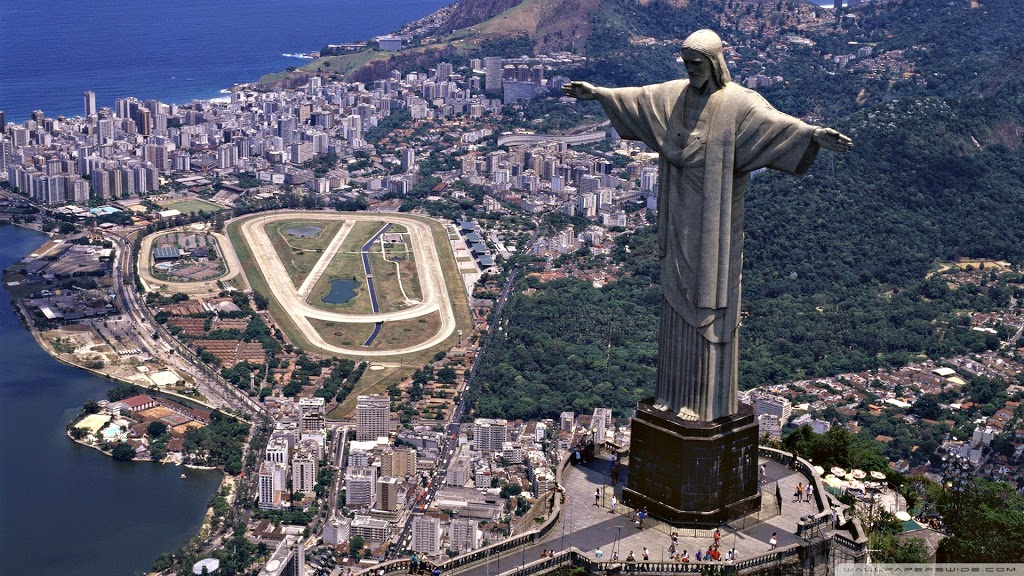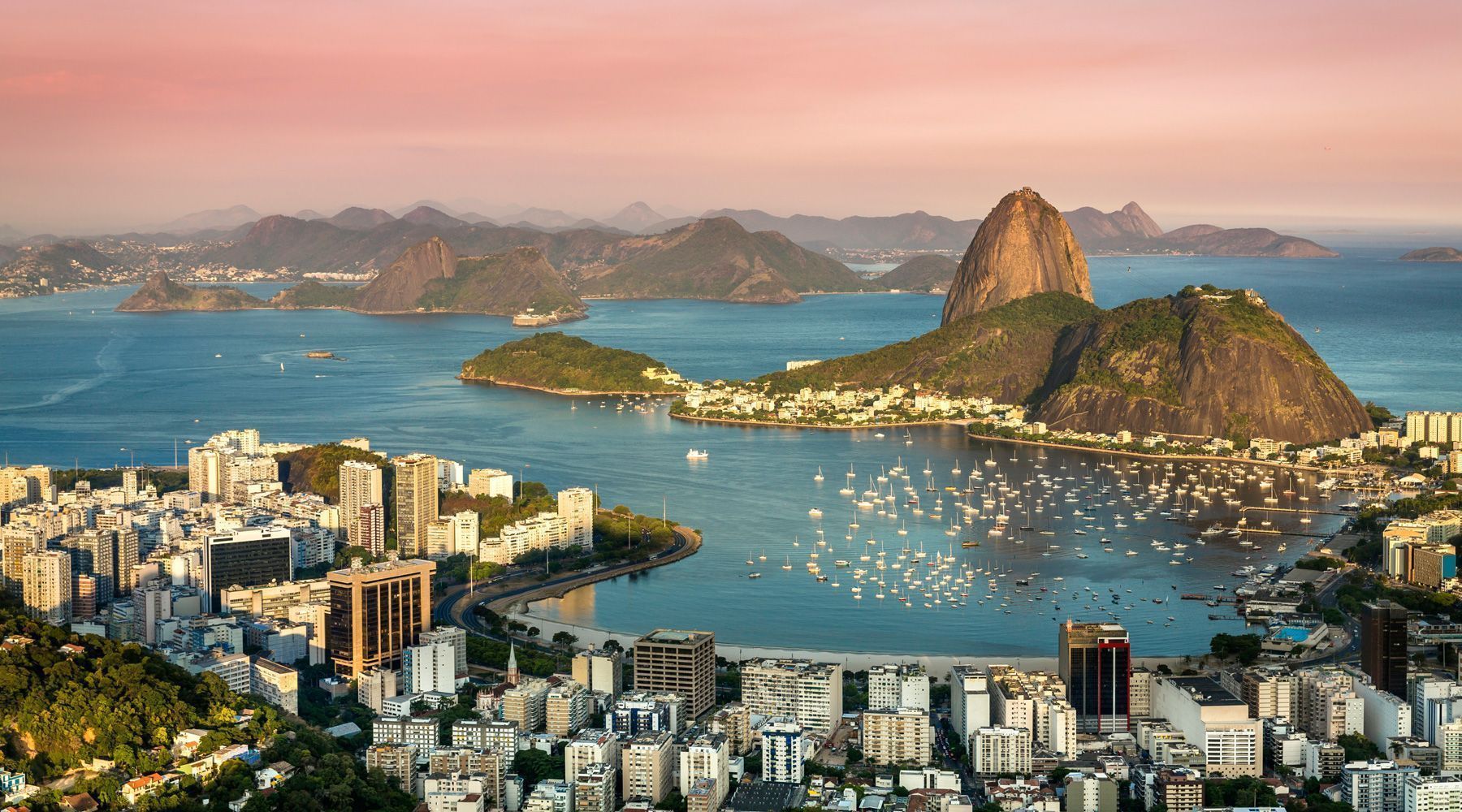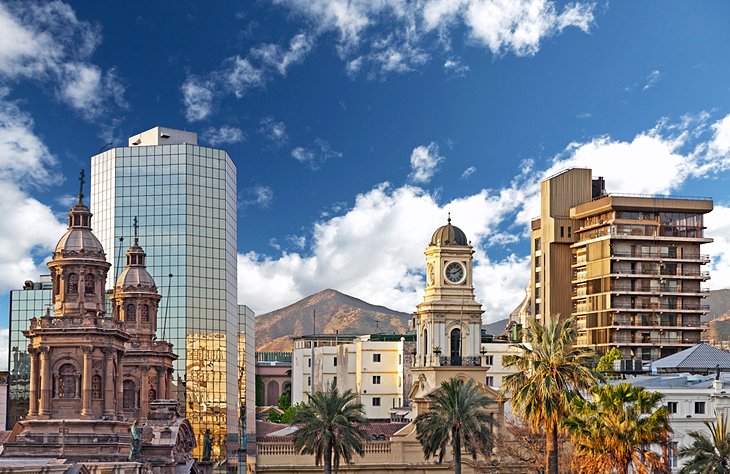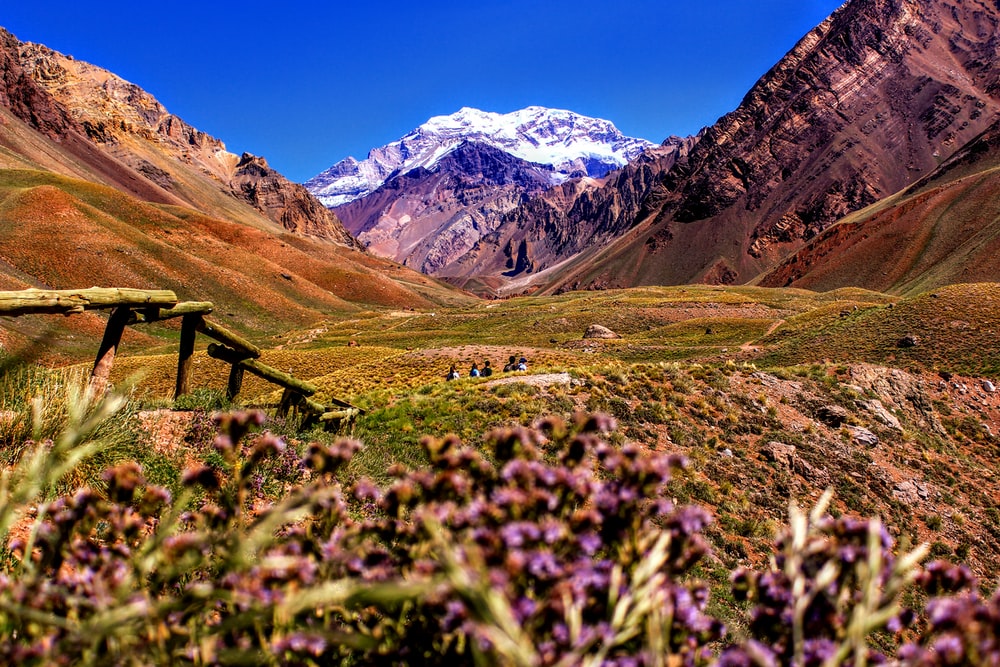Amidst the lush Amazon rainforests, the rhythmic beats of samba, and the world-renowned Carnival celebrations, Brazil beckons travelers with an enchanting allure. Yet, questions about safety often arise, fueled by media portrayals that can sometimes distort reality. It’s time to look beyond the myths and unveil the truth about navigating safety while traveling in Brazil. From secure transportation options to informed decision-making, let’s explore how you can ensure a safe and memorable journey.
At the forefront of safety concerns are the sprawling metropolises, often portrayed as both exciting and risky. It’s essential to remember that like any large city, caution is warranted, but it’s equally vital to separate perception from reality. Brazilian cities have introduced a range of measures to ensure safety, making them welcoming and vibrant destinations for travelers.
For instance, cities like Rio de Janeiro, with its iconic Christ the Redeemer statue and Copacabana Beach, have seen a surge in security enhancements. In preparation for major events like the Olympic Games, local authorities invested in infrastructure upgrades, increased police presence, and established tourist police units fluent in multiple languages. These steps have resulted in a safer and more comfortable environment for travelers.
To further enhance safety, secure transportation services have become a cornerstone of Brazil’s tourism industry. These services not only provide convenience but also invaluable peace of mind. Whether navigating the bustling streets of São Paulo or exploring the historical sites of Salvador, opting for secure transportation allows you to focus on the experience without worrying about logistics or safety.
Brazil’s efforts to promote responsible tourism are also noteworthy. Travel agencies and local communities are working collaboratively to educate both locals and visitors about safe practices and cultural sensitivity. These initiatives contribute to an environment where travelers can explore markets, enjoy local cuisine, and participate in cultural events without undue concerns.
In Brazil, Carnival is a prime example of how safety measures have evolved. With millions of participants and spectators, local authorities have implemented stringent security protocols. While reveling in the festivities, visitors benefit from increased police presence, thorough security checks, and effective crowd management strategies. It’s a testament to Brazil’s commitment to preserving its cultural heritage while ensuring the well-being of all participants.
In conclusion, while safety concerns in Brazil are not entirely unwarranted, they should be approached with a balanced perspective. The country has taken significant strides to enhance safety for travelers, particularly in urban areas. By leveraging secure transportation options, staying informed, and adopting responsible travel practices, you can navigate Brazil’s vibrant landscapes and cultural riches while enjoying a secure and enriching experience. Remember, the best way to unravel the truth about safety in Brazil is to experience it firsthand.





